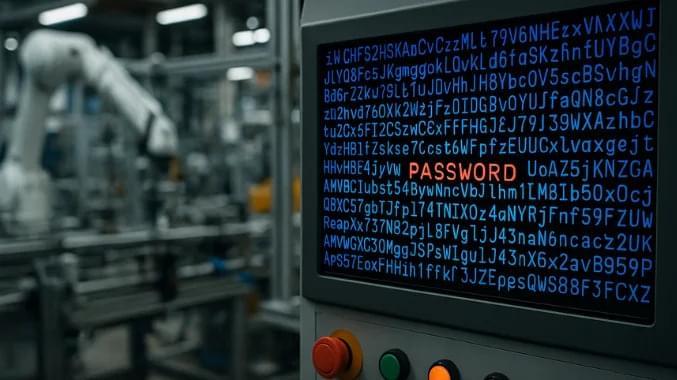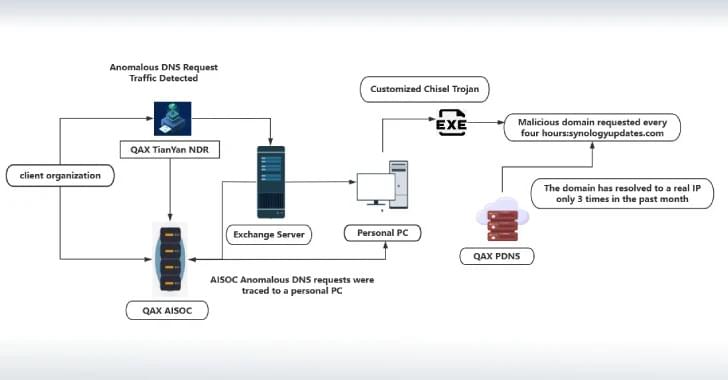Deep in the center of our galaxy, scientists believe a strange type of star may be quietly glowing—not from fusion like our Sun, but from the invisible fuel of dark matter.
These “dark dwarfs” could act like cosmic detectors, collecting heavy, elusive particles that heat them from the inside. If we find them—and especially if we spot one missing its lithium—it could finally point us toward what dark matter really is.
Dark dwarfs & dark matter basics








